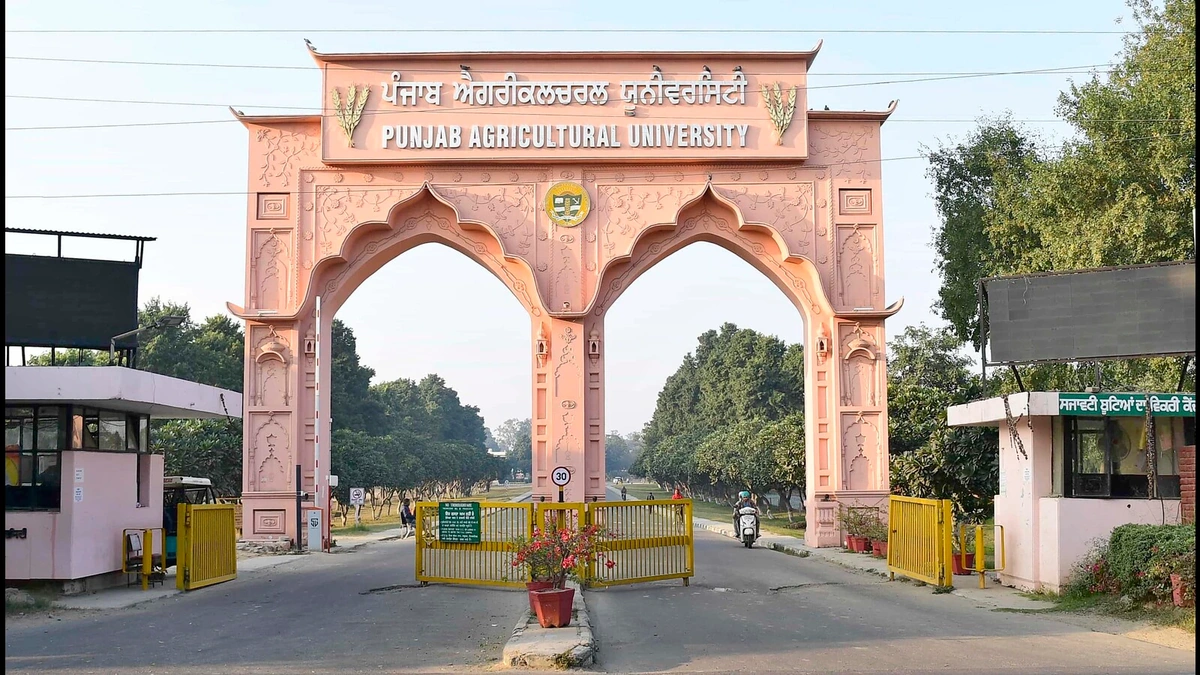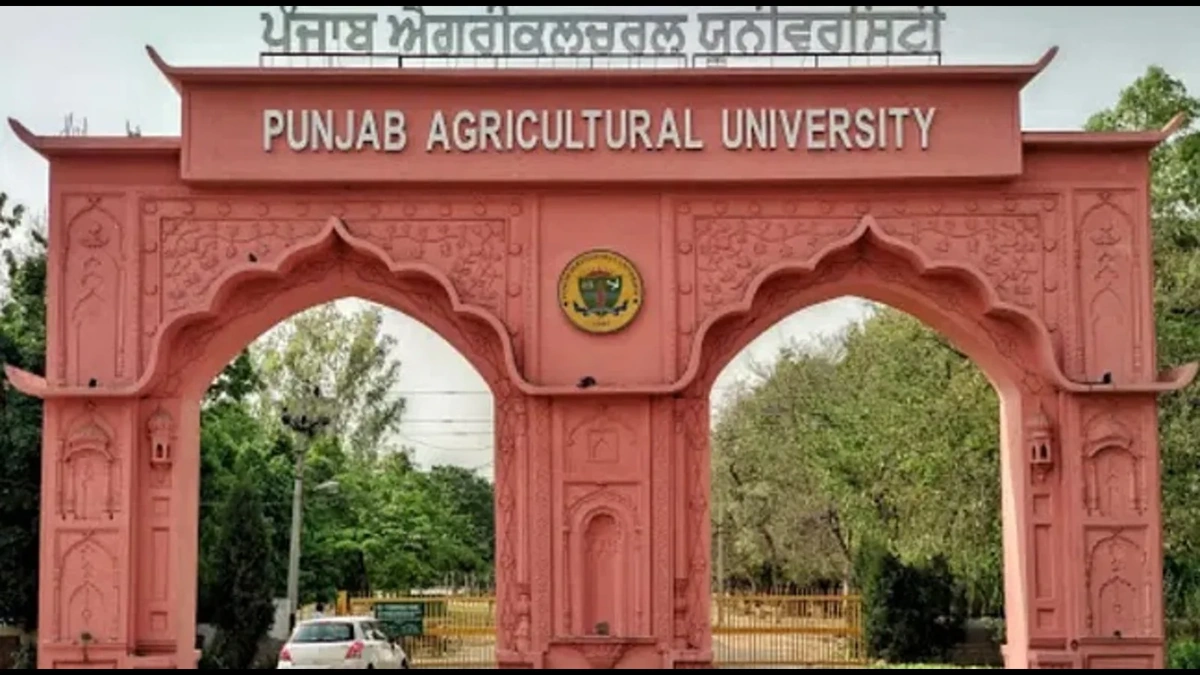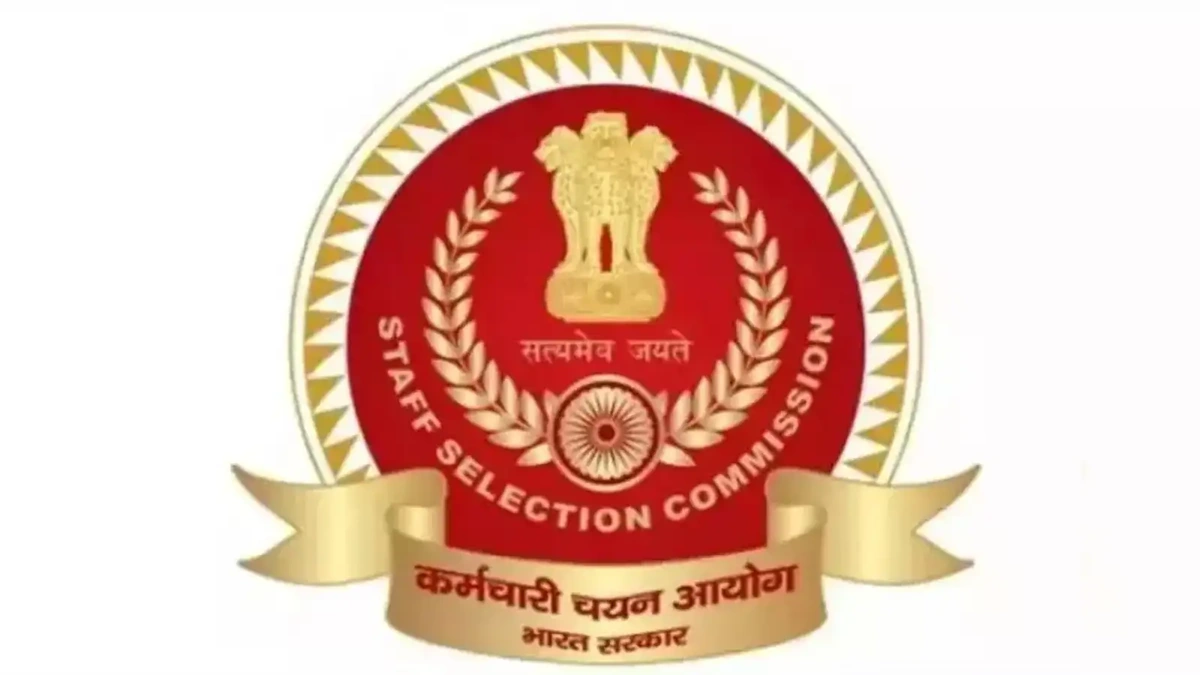Punjab Agricultural University | More Than Just Fields and Furrows
Punjab Agricultural University (PAU) – the name probably conjures up images of lush green fields, tractors, and maybe even a dusty textbook or two. But here’s the thing: PAU is way more than just an agricultural university. It’s the backbone of Punjab’s Green Revolution, a research powerhouse, and honestly, a fascinating case study in how education can transform an entire state. Let’s be honest, agricultural universities are rarely the subject of water cooler conversations. But what fascinates me is PAU’s impact stretches far beyond the farm. It’s about food security, economic empowerment, and the future of sustainable agriculture.
Decoding PAU | Why It Matters

So, why should you care about Punjab Agricultural University , especially if you’re not planning on becoming a farmer? Well, consider this: PAU’s research directly impacts the food on your plate. And, but understanding its history and current initiatives, you gain insight into the challenges and opportunities facing Indian agriculture today. PAU, located in Ludhiana, isn’t just about teaching; it’s a hub of innovation. The university’s contributions to developing high-yielding varieties of wheat and rice were pivotal in the Green Revolution. These advancements not only increased food production but also had a ripple effect on the state’s economy and the livelihoods of countless farmers. According to various reports, PAU has developed more than 900 varieties of different crops. A common mistake I see people make is underestimating the complexity of modern agriculture. It’s not just about planting seeds and hoping for the best. It involves sophisticated research, technology, and a deep understanding of soil science, genetics, and climate change. All of which PAU excels in.
The “How-To” of PAU’s Impact | Research and Extension Services
Let’s dive into exactly how PAU makes a difference. It’s not just about classrooms and labs; it’s about getting the knowledge out to the farmers who need it most. PAU has a robust network of extension services that bridge the gap between research and practical application. Think of it as PAU’s outreach arm, connecting scientists with farmers in the fields. These extension services provide farmers with training, resources, and advice on everything from crop management to pest control. They organize workshops, field days, and demonstrations to showcase the latest technologies and best practices. A common mistake I see people make is thinking that research happens in a vacuum. The beauty of PAU is that its research is directly informed by the needs of the farming community. It’s a two-way street, where farmers provide feedback and researchers develop solutions tailored to their specific challenges. The university also focuses on sustainable agricultural practices, promoting techniques that minimize environmental impact and ensure long-term productivity. This includes research on organic farming, water conservation, and integrated pest management. PAU also gives students knowledge about agricultural courses . What fascinates me is how they do it.
PAU and the Future of Agriculture
What does the future hold for PAU? The challenges facing Indian agriculture are evolving, and PAU is adapting to meet them head-on. Climate change, water scarcity, and the need for more sustainable farming practices are all pressing concerns. PAU is at the forefront of research in these areas, developing climate-resilient crop varieties and promoting water-efficient irrigation techniques. They’re also exploring the potential of precision agriculture, using technology to optimize resource use and improve yields. The university’s focus on biotechnology and genetic engineering is also crucial for developing crops that are resistant to pests and diseases. This can reduce the need for chemical pesticides and improve the overall health of the environment. But, the challenges are significant. According to the latest data from the Indian Council of Agricultural Research (ICAR), the agriculture sector needs significant investment in research and development to meet the growing demands of a growing population.
Let me rephrase that for clarity: PAU’s role is not just to maintain the status quo, but to actively shape the future of agriculture in Punjab and beyond. And here is one thing you absolutely must double-check: look at the agricultural sector with a new perspective.
Beyond Academics | PAU’s Role in Community Development
PAU’s impact extends beyond the agricultural sector. It also plays a significant role in community development, promoting education, health, and entrepreneurship in rural areas. The university runs various programs to empower women and young people, providing them with skills and resources to start their own businesses. These initiatives not only create economic opportunities but also contribute to social and economic development of rural communities. According to various reports, PAU has been instrumental in promoting agricultural diversification in Punjab. The university encourages farmers to adopt new crops and farming practices that can increase their income and reduce their dependence on traditional crops like wheat and rice. The university’s research on post-harvest technology is also crucial for reducing food waste and improving the quality of agricultural products. PAU provides training and support to farmers and entrepreneurs on processing, packaging, and marketing their products.
Punjab Agricultural University | Navigating Admissions and Beyond
So, you are interested in becoming a student at PAU? If you’re considering applying to Punjab Agricultural University , here’s what you need to know. The university offers a wide range of undergraduate and postgraduate programs in agriculture, agricultural engineering, and related fields. The admission process typically involves an entrance exam, followed by counseling. It’s important to check the official PAU website for the latest admission notifications and eligibility criteria. And, here is the thing: the competition for seats can be fierce, so it’s essential to prepare thoroughly. PAU also provides scholarships and financial aid to deserving students. As per the guidelines mentioned in the information bulletin, the application process is completely online. Don’t delay applying. What I initially thought was straightforward, then I realized, has many facets. Click here to know more.
FAQ About Punjab Agricultural University
Frequently Asked Questions
What courses does PAU offer?
PAU offers a wide array of undergraduate and postgraduate programs in agriculture, agricultural engineering, and basic sciences.
How do I apply for admission?
Visit the official PAU website (pau.edu) for detailed admission notifications and online application procedures.
Does PAU offer scholarships?
Yes, PAU provides various scholarships and financial aid options for deserving students. Check the website for details.
Where is Punjab Agricultural University located?
PAU is located in Ludhiana, Punjab.
What is PAU famous for?
PAU is renowned for its contributions to the Green Revolution and its research in developing high-yielding crop varieties.
Punjab Agricultural University’s journey is far from over. It continues to evolve, adapt, and innovate, playing a vital role in shaping the future of agriculture and rural development in India. And that’s a story worth paying attention to. PAU alumni have fanned out across the world contributing to agricultural development . This shows its importance on the global stage. What fascinates me is seeing such a diverse impact from one institution. Learn more about educational institutions here .













